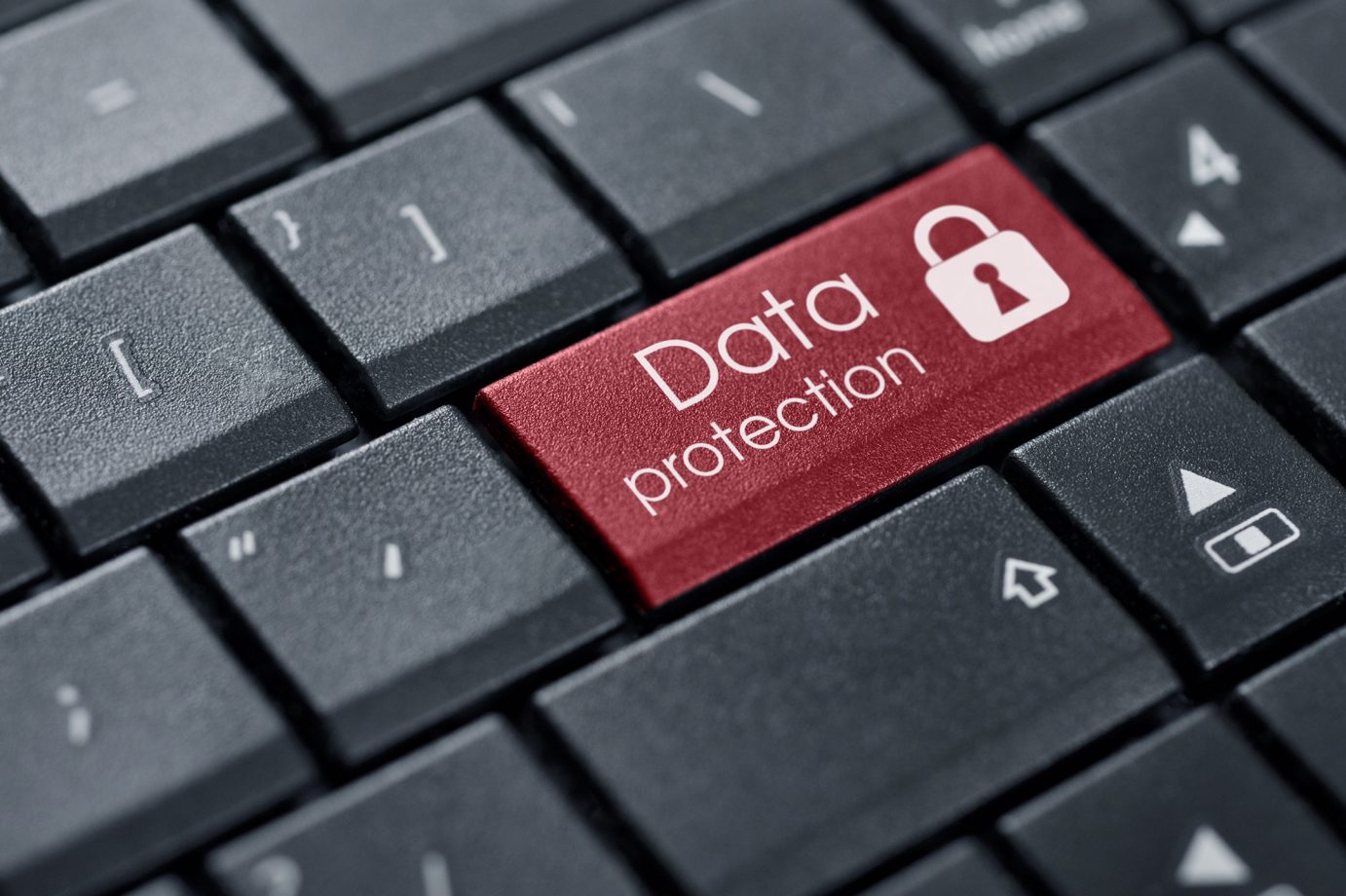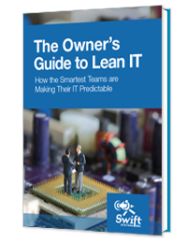
Top 6 Ways to Protect Your Business from Hackers
If you turn on the news, you know the world is an incredibly dangerous place. Unstable regimes and some countries have turned a blind eye to hackers, which means being able to protect your business from hackers has become something that’s more important than ever.
If you need proof, look no further than the recent WannaCry and Petya ransomware attacks that crippled companies around the world. Once someone opens an innocent-looking file they think is from a friend, it’s over. The malware spreads rapidly, encrypting your servers and making it so that, unless you pay for a password, you’ll never be able to get to your files again.
Hackers will continue to use viruses and malware, such as ransomware because a majority of companies would rather pay the ransom and get access to their accounts than lose it all and have to start over from scratch.
You can protect your business from hackers right now. The longer you wait without the help of a managed services provider, the greater the chance an attack can happen to your company at any time. You really can’t afford to waste any more time, so here are a few ways to help protect your business from hackers right now.
Use Appropriate Security Programs
The simplest way to start securing your business is by using up-to-date software. The constant updates can sometimes seem like a drag, but you shouldn’t start skipping them. Whilst it is possible to use software that’s not up-to-date, it may increase the chance of being hacked. Software developers are constantly adjusting their code and improving the security of the system against the latest malware. If you don’t stay on top of it, you put your business’ security at risk.
Additionally, you also have to get used to backing up your systems. Businesses should back up all the files and systems at least once a week. The more data changes you make a day, the better it is to back up every day.
Backup shouldn’t simply take place in a single location either. You want to ensure your business has backup on-site, but also off-site as well. The uncomfortable truth is that every hard drive will eventually fail and you don’t want this to happen to your only backup.
Once you got the basics covered, you want to start adding extra layers of security to your business. Your business might need plenty of different security packages, but the essentials include:
- Secure Sockets Layer (SSL) – SSL is an essential tool to protect the information users send between the website and the database. The code prevents information from being read or accessed without proper access.
- Web Application Firewall – a web application firewall (WAF) can be software or hardware based. It is essentially a protection between your website service and the data connection, scouring through all of the data that passes between these two systems. WAF is typically a cloud-based system and you can find them with monthly subscription fees.
- Website and software scanners – You’ll also want to add scanners that regularly scan your website and software. They can help detect and stop malware, viruses, and bad code.
- When you are looking for the above security programs, remember to check with a few options. Don’t be scared of the costs – plenty of good security software can be used for free or for a minimal fee.
Make Sure Your Network is Under Lock and Key
Your Wi-Fi network, if left unsecured, is basically a giant “please hack us” sign to hackers. Hackers use a technique called war driving, and it’s quite effective. War driving is when these hackers outfit their cars with high-powered antennas and drive around scanning for unlocked or poorly protected networks.
When these hackers find a vulnerable target, all of your files, passwords, and finances, are fair game and you’re left wondering what happened.
Of course, the best defense against an attack such as this is doing away with Wi-Fi altogether and relying strictly on wired networks. Of course, wired networks are more secure, but they’re not nearly as versatile.
If your company needs the use of a wireless network (which most companies these days do), then it’s important to disable the service set identifier – or SSID – broadcasting function on the wireless router. By doing this, your network is hidden and practically invisible to casual Wi-Fi snoops while only being accessible to users with the exact network name. This might not be possible for you to do, however, if clients are accessing Wi-Fi.
Also, if you’re using Wi-Fi, it’s important to update it to the latest encryption standard. The current standard is WPA2, which has a longer encryption key that’s harder to hack. Avoid using passwords that make sense. Create a nonsense password filled with letters, numbers, and punctuation. Just be sure to remember your password.
Anti-Malware and Anti-Virus Programs are a Must
If the WannaCry and Petya ransomware attacks have taught us anything, it’s that the need for professional anti-malware and anti-virus programs is an absolute must to protect your business from hackers.
Programs, such as Intercept-X by Sophos, help protect your company against malicious ransomware attacks.
Most malware is installed through network security hacks, but being vigilant about cybercrime is as much about anticipating tomorrow’s threats as it is defending against today’s. E-mail phishing, spoofing, and apps that access social media accounts are popping up with increasing regularity. Loading anti-malware and anti-virus protection on your machines – that goes for mobile devices as well – and running it after every software install can help ensure these threats don’t take.
Also, keeping programs and hardware up to date – from upgrading to newer routers and computers to immediately installing browser updates – blocks malicious worms that thrive in older equipment and out-of-date software.
Eliminate the Human Element by Educating Your Employees
Your employees are already careful about locking the doors of the business premise and ensuring windows are closed in the afternoon.
But they should also be as keen to “lock the doors” of your online operations as well.
Ensure cyber security is a key focus point to protect your business from hackers, not an afterthought. Whenever you are implementing a new approach or adding a new operational aspect to your business, consider it through cyber security.
Figure out a proper risk management plan. You need to know the most valuable assets in the business and create a plan to protect them. But importantly, you also need to have a plan for the moment when things go wrong. The aim is to ensure your data never is stolen, lost or damaged, but you need to have a plan in place in case the unthinkable happens.
Before all this, however, you need to write out a formal company internet policy, setting acceptable and prohibited online activities for employees – something that sadly only 10 percent of companies follow, according to Symantec. For example, prohibit employees from opening e-mail attachments or clicking on links that don’t pertain to company business. Or limit personal e-mail access to personal smartphones via the employee’s wireless connection, not the company Wi-Fi.
Furthermore, everyone in your business should be aware of cyber security and the best behavior associated with it – whether or not your business has a special IT department. It is important that employees are aware of how malware and viruses transmit and travel, as well as what they should do if they detect a breach or a problem.
For example, you don’t want to simply deny them visits to certain websites with office computers, but explain the dangers of this behavior. Educating your employees about the risks and the best practices can add the final layer of security. Adequate education on the matter reduces that human element.
Finally, don’t stop your education to your employees. As a good way to protect your business from hackers, you should also help your customers understand about correct and secure online behavior. For example, explain your information sharing rules and regulations with them. Remind them to never share personal information over e-mail, but rather always contact your customer service by phone or face-to-face.
Organizing regular cyber security workshops can be an effective way to keep staff up-to-date. If you are a small business, you can make these events cheaper by organizing them together with other local SMEs. Furthermore, running cyber security workshops for your customers can be a clever branding opportunity.
Make Sure Your Data is Secure and Encrypted
Hackers are focused on two things – creating chaos and stealing money. If your data is unsecured, bank routing digits, credit card accounts, employee social security numbers, etc., are all a gold mine for hackers.
If your data isn’t currently being transmitted over the internet, you want it to be encrypted. Also think about turning on full-disk encryption tools that come standard on most operating systems – for PCs, it’s called BitLocker, while on Macs it’s called FileVault.
Activating the feature takes only a few minutes; once on, it’ll encrypt every file and program on the drive with no noticeable performance lag. But there is one catch: the encryption applies only when users are logged in to the computer. That means hackers can still attack through viruses and malware while the system is running. Setting computers to automatically log out after 15 minutes without use helps enforce this measure.
The worst-case scenario if you don’t follow these procedures? You don’t encrypt your drives, but a devilish hacker does and ransoms all of your company’s data.
Know When You Need to Hire Experts to Protect Your Business from Hackers
Enlisting an outside expert can improve your odds of deflecting an attack. Though it may seem counterintuitive, small businesses can limit their exposure to cyber criminals by signing on with internet-based data-security vendors – especially as the quality of cloud-based business services evolves.
At Swift Systems, we leverage industry best practices for security policies and regulatory compliance, and select best-in-class security products to minimize risk.
In short, we have all the tools needed to protect your business from hackers trying to crack your network. On top of that, we can help you use cloud computing to store backups of all your data off-site, so if by some chance your network is attacked, you’ll never have to worry about losing data.
Our expert IT professionals are available 24/7 to assist your company if needed. Don’t let what happened to companies such as shipping conglomerate Maersk or drug manufacturer Merck happen to your company. Contact us today to find out how we can help you.

IT systems are foundational to modern businesses. Too often, that foundation is unsteady. Unpredictable outages, insecure networks, and unreliable performance from mission-critical systems can jeopardize your entire business.
There’s a better way. Learn how.
Get in touch with us for a free consultation with one of our technical experts. We’ll review your current systems, assess your needs, and identify the coverage options to best meet them.
Get in touch with us by phone:


 (4 votes, average: 4.00 out of 5)
(4 votes, average: 4.00 out of 5)